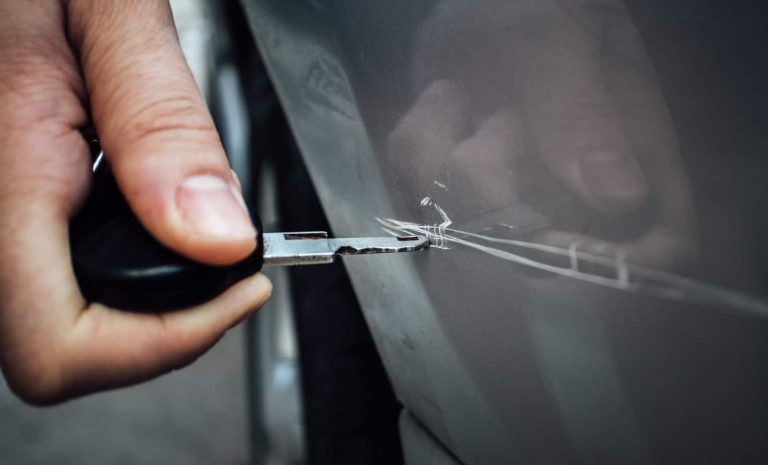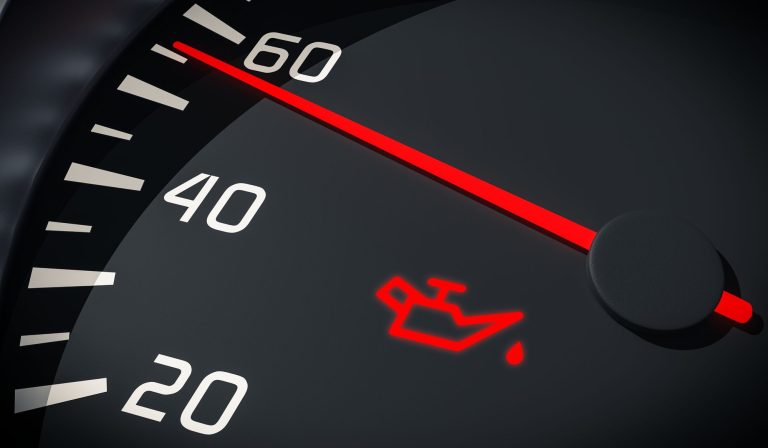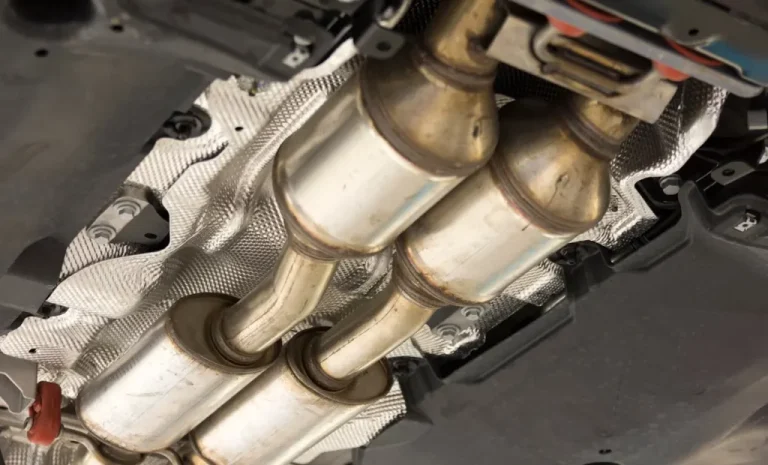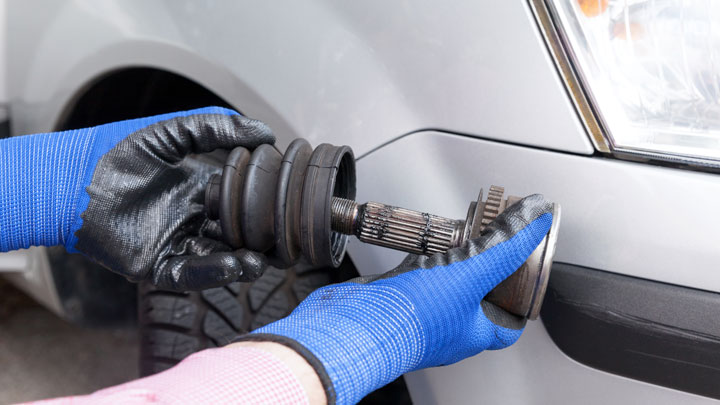Why Is My Car Shaking? A Comprehensive Guide to Identifying and Fixing the Issue
Driving a trembling vehicle may be frightening and risky. Driving at high speeds or stopping at a stoplight may be unpleasant and concerning when your vehicle shakes. Car shaking is a problem that many drivers overlook in the hopes that it will go away on its own, but it should never be ignored. It can point to an underlying issue that requires quick action. If your automobile is shaking, this article will help you figure out what could be causing it and how to repair it.
Why It’s Important to Address Shaking in Your Car
There’s more to your automobile shaking than simply a little annoyance. It is your car’s way of telling you that something is amiss. Whether it happens constantly or you’re wondering why your car shakes when accelerating, both situations signal underlying issues that should not be ignored. Shaking may become worse over time if it is not fixed, which might need more costly repairs. Furthermore, a trembling vehicle might endanger both your safety and the safety of other drivers. Early intervention may save more damage and guarantee that your car will continue to run smoothly and dependably.
What Causes Car Shaking and When to Worry
Numerous problems, from small tire imbalances to major suspension faults, may cause a car to shake. Shaking may happen when driving steadily, stopping, or speeding, among other situations. It’s critical to observe the kind of shaking and its timing. Certain parts, such as the tires or brakes, may be the cause of the shaking if it only occurs at greater speeds or while stopping. On the other hand, if the shaking occurs constantly, it can be a sign of more serious problems with the engine, suspension, or alignment of the car.
The Impact of Ignoring a Shaking Car
Ignoring a trembling automobile might cause its situation to worsen. Your car’s handling, fuel economy, and general performance may all be adversely affected by issues that cause shaking, such as worn tires or misaligned wheels. Driving while experiencing an unresolved shaking problem might also make collisions more likely. As a result, it’s essential to identify the issue and address it quickly.
Common Causes of Car Shaking
A broad variety of vehicle difficulties, from something as basic as low tire pressure to more complicated mechanical concerns, may cause shaking. You can reduce the number of possible problems by being aware of the frequent causes. Finding the source of the shaking is the first step in properly resolving the issue, whether it is related to the wheels, suspension, engine, or brakes.
Identifying the Root Causes of a Shaking Car
When attempting to determine the cause of your car’s shaking, it might be useful to think about when it occurs. Does that just happen when you’re moving fast? When you brake, is it noticeable? You can determine if the problem is with the tires, brakes, or internal car components by providing answers to these questions. Furthermore, it might be a great idea to start by looking for typical concerns like tire imbalance, alignment difficulties, or worn suspension components.
When Should You Seek Professional Help?
It’s time to speak with a qualified technician if you’ve attempted to solve the problem on your own and the shaking continues. A mechanic may do a comprehensive examination, identify the issue, and provide the best solution. Repairing certain problems, including car suspension damage or gearbox troubles, may require specific skills and tools.
Wheel-Related Issues: A Primary Cause of Shaking
Wheel or tire problems are among the most frequent reasons why cars shake. Higher speeds may cause vibrations and shaking if your tires are not properly balanced or if there is an alignment issue. Particularly while traveling on a highway, even minor tire imbalances or misalignments may produce perceptible shaking.
How Unbalanced or Misaligned Wheels Can Lead to Shaking
Although tires are designed to spin uniformly, wear, bad road conditions, or incorrect tire installation may cause them to become imbalanced over time. The car may shake as a result of vibrations that occur when this occurs. Uneven tire wear and vibrations, especially at higher speeds, may also be caused by misalignment, which happens when the wheels are not correctly positioned in relation to the vehicle’s steering system.
The Importance of Proper Tire Pressure for Smooth Driving
Another important element that may contribute to automobile shaking is tire pressure. A rough, unsteady ride may result from tires that are underinflated or have uneven pressure. If the tires are not properly maintained, this problem, which often arises at moderate speeds, may become worse with time. You may avoid this issue by routinely checking your tire pressure.
What to Do If Your Tires Are Unevenly Worn
Uneven tire wear often indicates a problem with the suspension, alignment, or balance of your car. It’s critical to get your tires evaluated and, if required, changed if you see that one side of them is more worn than the other. The chance of shaking due to tire problems may be reduced and uneven wear can be avoided with regular tire rotations and appropriate maintenance.
Suspension System Problems: A Hidden Culprit
For your automobile to travel properly, the suspension system is essential. It consists of parts that absorb the impact of the road and maintain the vehicle’s stability, such as springs, struts, and shocks. The automobile may shake if any suspension system components are worn out or broken, particularly while traveling over uneven ground or bumps.
How Worn-out Shocks and Struts Affect Your Car’s Stability
In order to keep the vehicle under control and comfortable, shocks and struts are designed to absorb and reduce impact from the road. These parts may deteriorate with time, causing vibrations and instability. A shaky or unstable ride may result from excessive bouncing caused by worn shocks or struts, especially while driving over potholes or uneven ground.
Signs of Suspension Issues and How They Lead to Shaking
Frequently, suspension issues go undiagnosed until they result in noticeable instability or shaking. Uneven tire wear, trouble steering, and excessive bouncing are typical indicators of suspension problems. Driving over bumps or at greater speeds may cause your vehicle to shake significantly, which might be a sign that the suspension system requires maintenance.
How to Test for Suspension Problems
Drive the vehicle on different types of roads to check for suspension problems. Keep an eye out for any strange sounds, bouncing, or trouble controlling the car. The suspension system is probably to blame if the vehicle trembles while traveling over bumps or uneven terrain. To ascertain the extent of the damage, a mechanic might conduct further tests.
Brake System Concerns: Shaking During Braking
A frequent issue that is often brought on by problems with the brake rotors is car shaking during braking. When the brake pads come into contact with warped or unevenly worn rotors, it might result in shaking and vibrations. When you push down on the brake pedal at high speeds, this might be quite apparent.
Why Your Car Might Shake When You Apply the Brakes
Brake rotor breakage or warping is often the cause of shaking during braking. Vibrations that are felt in the steering wheel or throughout the vehicle are caused by the brake pads’ inability to grasp the surface uniformly when the rotors are uneven. This is a blatant sign that the rotors need replacement or maintenance.
Understanding Brake Rotor Issues and Their Impact on Shaking
Warped or worn brake rotors can cause significant vibrations during braking. This issue usually arises from excessive heat buildup, friction, or regular wear over time. If the shaking is only noticeable when you apply the brakes, the problem is likely related to the brake system, specifically the rotors.
What to Do if Your Brake Pads or Rotors Are Worn
If you experience shaking when braking, it’s essential to have your brake pads and rotors inspected. If the rotors are warped or damaged, they may need to be resurfaced or replaced. Similarly, if the brake pads are worn, replacing them can help restore smooth braking and eliminate shaking.
Engine and Transmission Issues: A Potential Cause of Shaking
Car shaking can also be caused by internal issues within the engine or transmission. An unbalanced engine or problems with engine mounts can lead to vibrations that are felt throughout the vehicle. Similarly, transmission issues can cause the car to shake when shifting gears or when the engine is under load.
What Happens When Your Steering Components Wear Out
Worn steering components, such as tie rods, steering racks, or the power steering pump, can cause shaking in the steering wheel. If left unaddressed, these issues can lead to more serious problems with vehicle control and safety.
Tire Problems: Common Causes of Shaking
Tires are one of the most common sources of car shaking. Issues such as uneven tire wear, under-inflated tires, or a lack of tire balance can cause vibrations, especially at higher speeds. Checking the condition of your tires regularly can prevent these issues.
How to Fix Car Shaking: Do-It-Yourself Solutions
For minor issues such as uneven tire wear or low tire pressure, you can often fix the shaking yourself. Balancing the tires, inflating them to the proper pressure, or performing simple wheel alignments can solve many common causes of car shaking.
When You Can Safely Fix Shaking Yourself
If you have the right tools and knowledge, you can fix some of the more common causes of shaking, such as balancing tires or replacing worn-out brake pads. However, more complex issues such as suspension damage or engine-related problems should be addressed by a professional mechanic.
How to Prevent Future Shaking Issues in Your Car
Regular maintenance is key to preventing future shaking issues. Keep your tires properly inflated, rotate them regularly, and get your alignment checked at least once a year. Maintaining the suspension system and replacing worn-out components can also help prevent future problems.
Routine Maintenance Tips to Keep Your Car from Shaking
- Check tire pressure monthly and adjust it as needed
- Rotate your tires every 6,000 to 8,000 miles
- Get your wheel alignment checked regularly
- Inspect your suspension system and replace worn parts
How Regularly Checking Your Tires, Suspension, and Alignment Can Help
By staying proactive about your car’s tires, suspension, and alignment, you can prevent shaking and improve the overall driving experience. Regular inspections can help identify small problems before they become major issues.
The Importance of Following Manufacturer Recommendations for Vehicle Care
Always follow the manufacturer’s guidelines for maintenance and repairs. These recommendations are designed to keep your car in optimal condition and prevent issues such as shaking. By adhering to the suggested maintenance schedule, you can improve your vehicle’s lifespan and performance.
The Cost of Fixing Car Shaking Issues
The cost of fixing car shaking varies depending on the underlying issue. Simple tire balancing may cost around $30 to $50, while more extensive repairs, such as suspension or transmission work, can run into the hundreds or even thousands of dollars.
What to Expect in Terms of Costs for Repairing Shaking Problems
The cost depends on whether the shaking is due to tires, suspension, or engine issues. Minor fixes like tire balancing are affordable, but more significant repairs could cost more depending on the complexity of the problem.
How Tire Balancing, Suspension Repairs, and Brake Work Can Affect Your Budget
Routine tire balancing and suspension checks are relatively low-cost repairs. However, more extensive issues such as brake rotor replacements, suspension component replacements, or transmission fixes can be more expensive. Always weigh the cost of repairs against the safety benefits and long-term performance improvements.
The Connection Between Car Shaking and Vehicle Safety
Shaking not only affects your comfort but also your safety. Shaking can impair vehicle handling and make it harder to control the car, especially during emergency maneuvers. It’s essential to fix the problem promptly to avoid further complications that could compromise your safety.
How Shaking Can Affect Your Car’s Safety Features
When the car shakes, it may impair the effectiveness of safety features like the ABS, traction control, and steering. These systems rely on stable operation, so fixing the underlying causes of shaking ensures that they work properly in emergency situations.
Why Maintaining a Smooth-Running Car Is Essential for Safe Driving
A smooth-running car is crucial for safe driving. Car shaking is a sign that something is wrong, and addressing it promptly ensures that your vehicle operates safely, preventing accidents and ensuring that you can drive with confidence.







